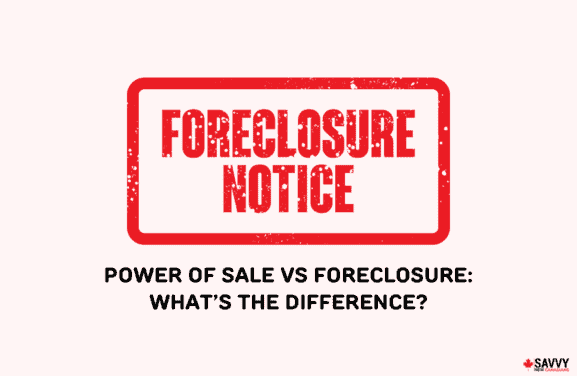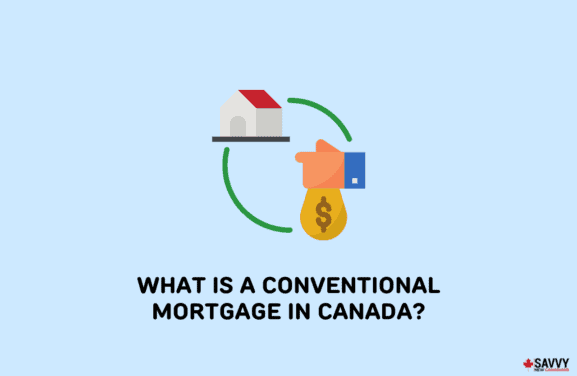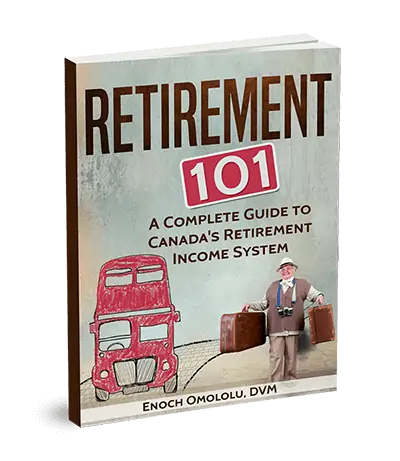For many Canadians, tax season is a stressful time of year. While most investors have to worry about calculating taxes for their stocks, real estate investors will feel the pinch of capital gains from selling properties. In Canada’s red-hot housing market, this can make for an expensive tax bill from the CRA.
In this article, we will talk about what capital gains taxes are, what it means when it comes to real estate properties, and how to avoid capital gains taxes on property in Canada.
What is Capital Gains Tax?
Capital gains tax is the taxes you pay on the value of your investments, increasing from the time you bought to the time you sold.
The simplest way to think about it is to understand you will pay taxes on any realized profits you make while investing. Of course, this does not apply to tax-sheltered accounts like a TFSA or RRSP.
But for property in Canada, prepare to pay capital gains taxes on any property you sell that is not your primary residence. If you sell the property for less than you bought it for, you will incur a capital loss. This can be used to offset any capital gains you made on other investments.
How is Capital Gains Calculated?
Capital gains taxes in Canada are a relatively simple calculation. The same rules apply no matter what the investment asset is:
The capital gains tax rate taxes you on 50% of your realized capital gains.
What does that mean? Here is an example to illustrate how your capital gains would be taxed in Canada.
Let’s say you purchase a property in Canada for $500,000.
After renting it out for two years, you decide to sell the property because the market has picked up.
You end up selling the property for $700,000. Your realized capital gains are $200,000.
But, you will only be taxed on 50% of those capital gains, or $100,000.
Now, this is a very simplistic view. Other things can reduce your capital gains, such as the expenses you incurred to sell your property. These include escrow fees, lawyer fees, and settlement costs.
What happens to that $100,000 in capital gains that are taxed? It is added to your annual taxable income for that year and will be taxed at your marginal tax rate.
Do You Pay Capital Gains Tax on Your Primary Residence?
No, you will not pay capital gains tax on your primary residence in Canada. What defines a primary residence in Canada?
There is no defined time that you need to live in that residence. If you claim it is your residence, the CRA can audit you on things like your utility bills and any rental income that was earned.
You can rent out your primary residence, but you must prove you lived there at some point. If you rent a portion of it out as an Airbnb, you still qualify for the primary residence tax exemption. As of 2023, you can only have one primary residence in Canada.
Can You Avoid Capital Gains Tax on a Rental Property?
You will pay capital gains tax on any property you sell in Canada that is not your primary residence. Unfortunately, there is no way to avoid them completely.
If you want to reduce a high capital gains tax on your income taxes, there are some ways that you can reduce your tax burden.
Related: New to Canada Mortgage Programs
How to Avoid or Reduce Capital Gains Tax When Selling Property in Canada
Offset with Capital Losses
This might be easier said than done, but you can offset your capital gains with capital losses. If you own other assets, such as stock or ETFs, selling them at a loss can help to ease the burden.
This can be a difficult thing for long-term investors, but remember that you can always buy those assets back in the future. Unfortunately, if you have been sitting on those stocks for years now, you are probably in the green, which will not help to offset capital gains.
If you sold another property at a loss, you could also use those losses to offset your gains from this property.
Wait to Sell at the Right Time
What is the definition of the right time? Well, you can time your sale to coincide with a down year in the stock market, where your investments might be at a loss. You can also wait until retirement, when your income should be much lower.
If you or a spouse loses their job, quits, or retires, then it might be an opportune time to sell. We realize life does not always work this way, but if the opportunity does arise, you can save some money come tax season.
Take Advantage of Tax-Advantaged Accounts
One great way to reduce your capital gains taxes each year is to make most of your investment in a TFSA or RRSP. The TFSA is a completely tax-free way to invest, while an RRSP defers the taxes until you cash out your investments.
Donate Your Property
This might not be an option for most, but you can donate your property to a charitable cause. This will reduce your capital gains by a significant amount (up to 20%).
Incorporate Your Rental Business
You can incorporate your rental business to avoid paying some taxes on your personal income taxes. Unfortunately, this can come with even more costs than usual.
This can reduce your capital gains tax, but you will need to see if the corporation fees make this option negligible in the long run.
FAQs
There is no defined duration, but most people agree that living in it for one year allows you to claim it as your primary residence and avoid capital gains tax.
To avoid capital gains tax in Canada, you can offset your gains with capital losses, incorporate your rental business, donate your property, and make sure your investments are in tax-sheltered accounts.
Yes, there are. If the property is your principal residence, you will avoid paying capital gains taxes. Likewise, if it is a qualified farm or fishing property you might be eligible for a capital gains tax exemption.
The standard belief is one year as your primary residence, although there is nothing set in stone by the CRA.
The capital gains tax on a second property that is not your primary residence is calculated by taking 50% of your capital gains and adding it to your annual taxable income.
This is an amount that Canadians can use as a capital gains exemption in Canada. You might be eligible if you sell a qualified farm or fishing property or a disposition of qualified small business corporate shares.
Related: Find out these commonly missed tax deductions and credits.





